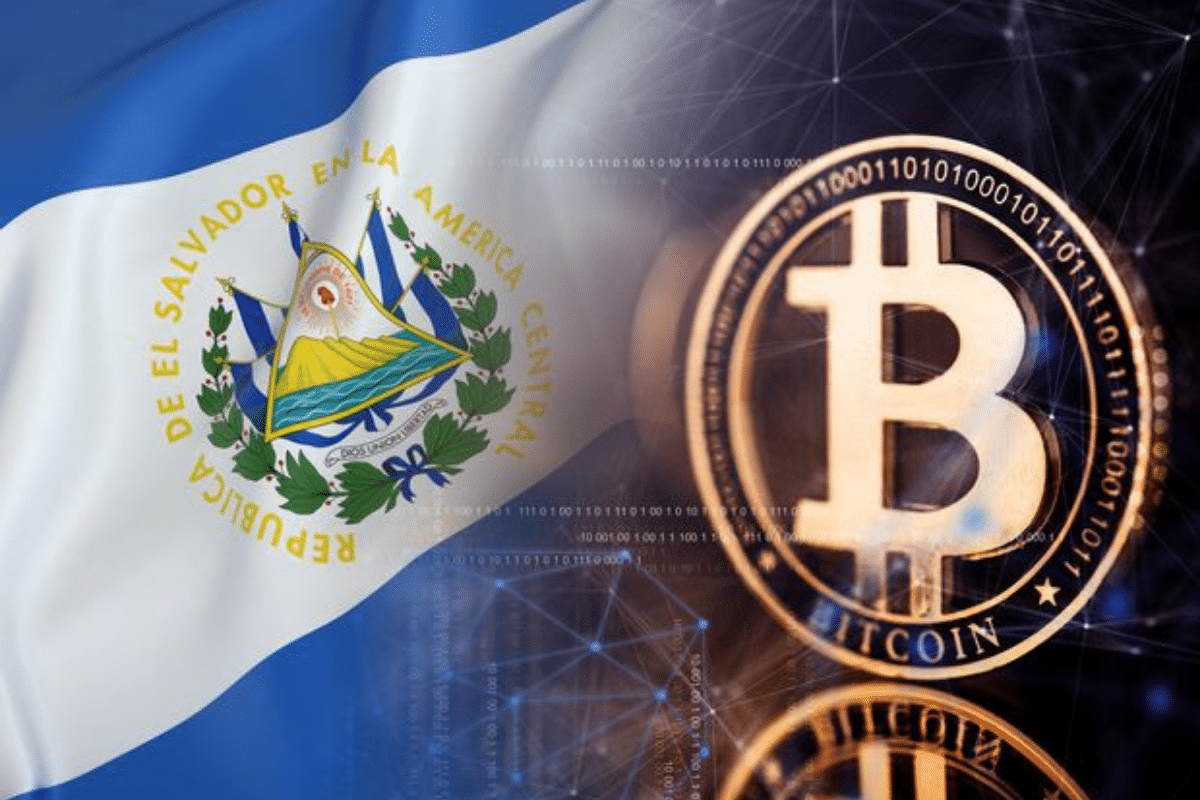The Republic of El Salvador, a Central American country bordered by Guatemala and Honduras, has embarked on a groundbreaking financial policy: since 2021, it has been possible to use Bitcoin as legal currency.
Historical Context and Economic Background
Until the late 1930s, El Salvador’s economy was almost exclusively based on coffee, with plantations controlled by a few local families (the so-called Civic Directory) who created a true oligarchy thanks to their economic and commercial power. In 1913, the dictatorial regime of Maximiliano Hernández Martínez was established, thanks to the actions of a group of soldiers supported by the coffee oligarchy. During these years, a process of industrialization began, allowing for economic diversification but also contributing to problems and imbalances within the population. This led to revolts by citizens and peasants, such as the one in January 1932, which was brutally repressed by the regime, resulting in between 10,000 and 40,000 deaths. The dictator forged relationships and cooperation agreements with Francisco Franco, the Spanish dictator, aligning with other European dictatorships, and followed the state models of Hitler and Mussolini.
The civil war of the 1930s, along with popular uprisings, compromised the economy of the country, nearly bringing it to its knees. World War II initially favored the Salvadoran economy, leading to a revival of exports, particularly to the United States, but there was no significant recovery. Currently, El Salvador’s economy is primarily based on agriculture and trade.
The Rise of Bitcoin in El Salvador
Since 2019, President Nayib Bukele, founder of the majority party “Nuevas Ideas,” has been in office. He has initiated a series of social policies aimed at reducing organized crime in the country and introduced new economic initiatives, including the adoption of Bitcoin as legal currency. As stated on President Bukele’s Wikipedia page:
Bukele declared Bitcoin as legal currency in El Salvador in 2021. His government has introduced policies to promote the use of Bitcoin, such as the development of Chivo, a digital wallet for Bitcoin ATM expansion, and has started planning the construction of “Bitcoin City,” an autonomous city with a favorable tax regime, powered by the geothermal energy of El Salvador’s volcanoes.
El Salvador’s Bitcoin Treasury
El Salvador has an online Bitcoin treasury that provides real-time data on the country’s Bitcoin reserves. According to data from May 2024, the Central American nation holds 5,748 BTC, valued at approximately $360 million, with Bitcoin trading above $62,700. The website (https://bitcoin.gob.sv/it/) reveals that from the 6th to the 12th of May, El Salvador purchased approximately 7 BTC worth over $438,000. In the last 30 days (April to May 2024), it added a total of 31 BTC valued at $1.94 million. Since 2021, El Salvador’s BTC investments have had an average purchase price of $43,097. According to https://nayibtracker.com/, with BTC trading above $62,000, El Salvador has made a profit of over $57.4 million on its Bitcoin reserves.
Financial Strategy: The “1 BTC per Day” Plan
The financial strategy, known as the “1 BTC per day” plan, likely started in November 2022. The goal is to purchase 1 BTC per day at an average price of $43,357, aiming to return to pre-COVID economic conditions and potentially earn profits from “holding” these cryptocurrencies. So far, the President’s and economists’ forecasts seem promising: tourism in the country is increasing (according to some data, in 2022, the tourism sector saw a 6% increase in revenue compared to 2019. Source: https://cryptonomist.ch/2022/11/18/el-salvador-investe-ancora-bitcoin/) and the crime rate is decreasing to historic lows. Experts believe this could lead the nation to economic independence. If Bitcoin were to reach a value of $100,000, this path could become a reality for El Salvador.
Pros and Cons of Cryptocurrency Trading
Positive Aspects
- Fast and Modern Payment Method: Cryptocurrencies offer a valid, fast, and modern alternative for making quick payments.
- Investment Potential: They provide a different system from that offered by national banks, allowing for long-term investment opportunities.
- Decentralization: Cryptocurrencies are not controlled by governments or financial institutions, offering users greater control over their funds.
- Global Participation: Anyone with internet access can participate in the global financial system, potentially helping people in countries without a fully developed banking system.
- Blockchain Transparency: Transactions are recorded on a blockchain, increasing transparency and reducing fraud risks.
Negative Aspects
- Volatility: Cryptocurrency prices can be extremely volatile, leading to significant profits or losses.
- Security Risks: Despite blockchain technology’s security, users can be vulnerable to hacking attacks and scams.
- Illicit Activities: Cryptocurrencies are often used for illicit activities such as money laundering and financing terrorism.
- Complexity: The cryptocurrency world is complex, and online guides or tutorials are not always sufficient for a full understanding.
- Mining Costs: Cryptocurrency mining requires substantial economic resources and a large amount of electricity.
Conclusion
El Salvador’s innovative adoption of Bitcoin as legal currency presents a significant economic experiment. While the potential benefits are considerable, the volatility and risks associated with cryptocurrencies cannot be ignored. Balancing the potential benefits with possible drawbacks is crucial, and more investment in education, healthcare, and infrastructure is necessary to improve living conditions and ensure the well-being of the population.
What do you think? If you were the president of a nation, would you allow the use of cryptocurrencies like in El Salvador? Do you believe they are the future of the global economy?


